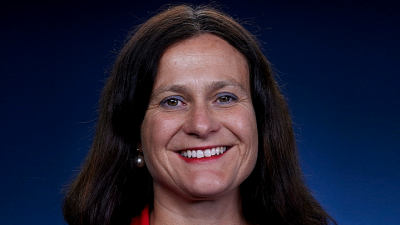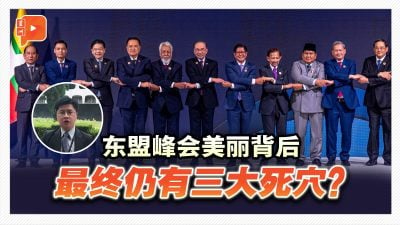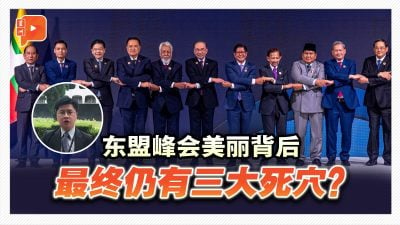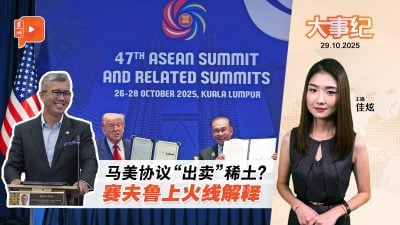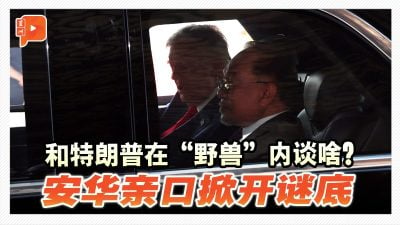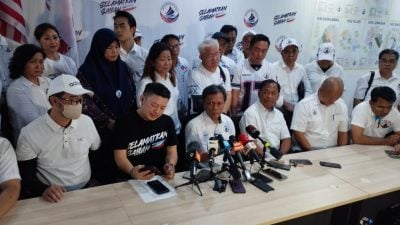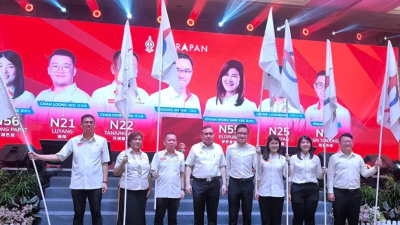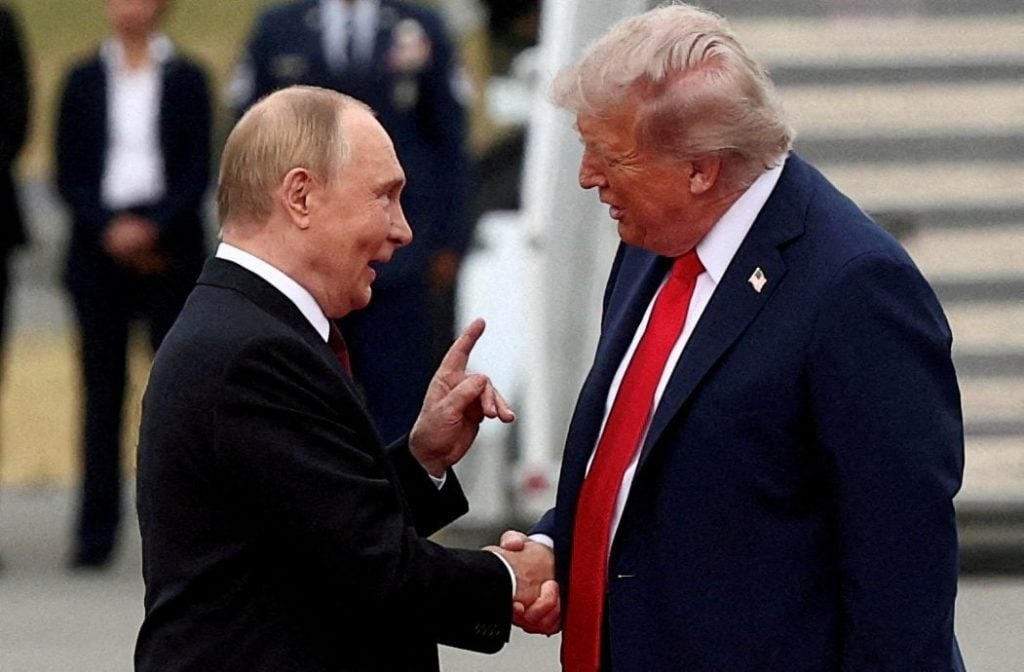
The 47th ASEAN Summit held in Kuala Lumpur on Oct 26 will be the largest, based on the lineup of world leaders, as declared by Prime Minister Datuk Seri Anwar Ibrahim.
Besides leaders from 10 ASEAN countries and new member Timor-Leste, United States president Donald Trump, Russian president Vladimir Putin and Indian Prime Minister Narendra Modi have also been invited to attend.
Global attention is now turning to Asia after the military parade held in Beijing on Sep 3 to commemorate the 80th anniversary of World War II.
Does the attendance of multiple leaders from major powers signal growing global recognition of Southeast Asia’s importance?
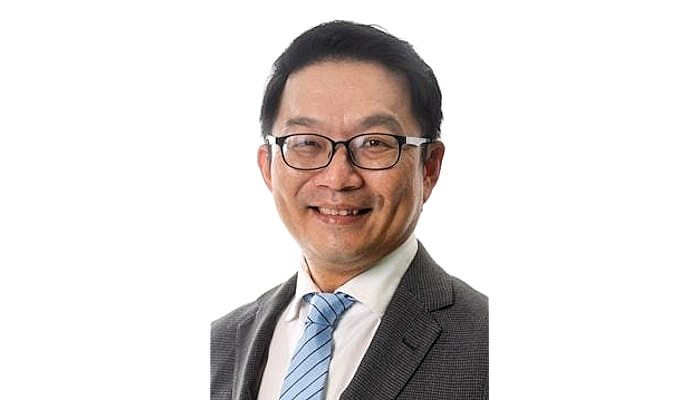
Dr Joe Liaw Siau Chi: ‘Regionalization’ and ‘South-South Cooperation’ as emerging trends
Dr Liaw, an international relations scholar, also an associate professor in New Era University College, believes that the ASEAN Summit this year—hosted by Malaysia—has showcased fresh momentum and contributions, attributable not only to Anwar’s leadership and his ability to coordinate and promote cooperation within ASEAN, but also to a deeper global shift: the international order is transitioning from “globalization” toward “regionalization,” with increasingly evident trends of inter-regional collaboration and alliance-building.
ASEAN, as a long-standing and well-established regional organization, has seen its strategic significance reaffirmed.
“Many countries are reassessing their relationships with ASEAN, seeking closer cooperation to secure their positions in an increasingly multipolar world.
This aligns closely with the rising global emphasis on the “Global South” and “South-South cooperation,’’ he said.
In an exclusive interview with Sin Chew Daily, Dr. Liaw highlights five key points of the summit this year.
Focus 1: Will Trump attend the summit?
Earlier reports from the U.S. media outlet Politico indicated that the White House had set conditions for Trump’s attendance: Malaysia would need to agree to let Trump preside over the signing ceremony of a peace agreement between Cambodia and Thailand and exclude Chinese officials from the event.
However, Minister of Investment, Trade and Industry Tengku Datuk Seri Zafrul Abdul Aziz clarified that Trump has not set any conditions for his participation.
If Trump does show up, Dr Liaw admits it would be somewhat surprising.
Throughout his presidency—both during his first term and upon his political return—Southeast Asia has rarely been central to Trump’s foreign policy or economic priorities; it has typically been mentioned only in passing.
A visit aimed at gaining leverage in negotiation?
Dr Liaw suggests that if Trump decides to attend, it certainly won’t be a mere courtesy visit. Instead, it would likely follow his well-known diplomatic approach—arriving with specific negotiation demands or bargaining chips in hand.
“From an economic standpoint, Southeast Asia isn’t a primary source of U.S. interests. Under Trump’s usual negotiation style, he’d either demand concessions—such as increased purchases of U.S. goods—or push for greater ASEAN investment in the United States.”
However, given the limited economic scale of most ASEAN countries, the actual bargaining leverage they can offer Washington remains modest.
Another theory is that Trump’s visit may aim to reassert U.S. presence in the Indo-Pacific’s strategic core. Yet historically, Trump has shown little interest in Asia-Pacific military or security issues, preferring instead to rely on economic pressure, tariffs, and deal-making in his foreign policy.
“Precisely because Trump’s actions are often impulsive, spontaneous, and unpredictable, ASEAN leaders may face considerable pressure this time—figuring out how to manage Trump will be a major test.”
Amid renewed U.S.-China trade tensions—Washington recently announced a 100 percent tariff hike on Chinese goods in response to Beijing’s export controls on rare earth minerals—and accelerating global supply chain realignments, ASEAN’s internal economic integration will once again take center stage.
A key question is how ASEAN can maintain economic resilience and regional autonomy amid intensifying U.S.-China rivalry.
Focus 2: Economic integration and supply chain rebalancing
While the ASEAN Free Trade Area (AFTA) has nominally progressed, actual integration has often been “more noise than substance,” hindered by wide development gaps among members and rising protectionism, said Dr Liaw.
This time, however, things may be different. He explains that shifts in U.S. tariff policies and China’s export rerouting through Southeast Asia have made ASEAN countries acutely aware that without stronger intra-regional cooperation, their industrial competitiveness and market stability will suffer.
Therefore, Dr Liaw anticipates that this summit will generate more concrete consensus and actionable plans on “economic integration and supply chain rebalancing.”
Notably, the upgraded ASEAN-China Free Trade Area 3.0 agreement is set to be signed, and the Regional Comprehensive Economic Partnership (RCEP) ministerial meeting will run concurrently with the ASEAN Summit.
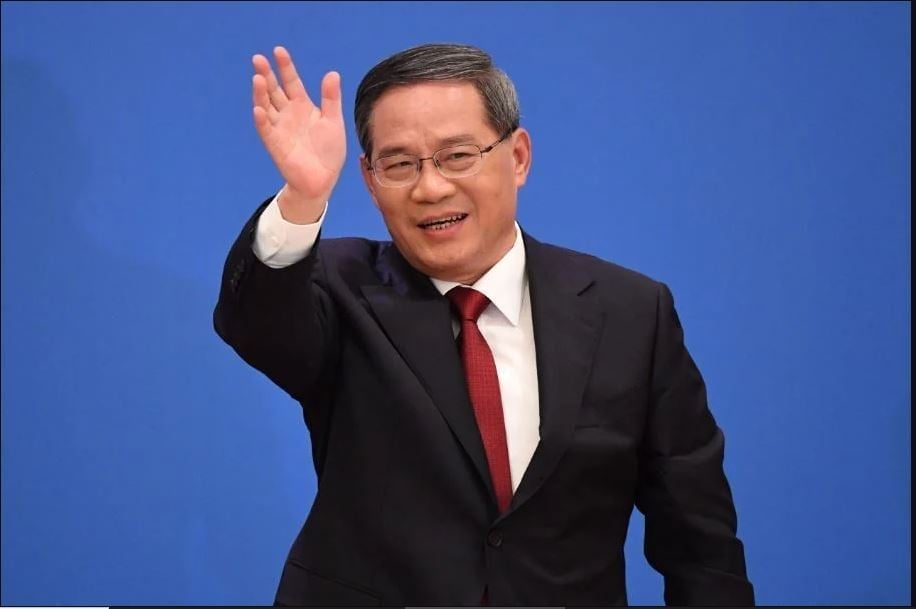
Focus 3: Timor-Leste joins ASEAN
Timor-Leste will formally join ASEAN on the opening day of the summit, symbolizing a deeper level of regional integration.
Dr Liaw highlights that this holds special significance for ASEAN—and particularly for Malaysia—because Timor-Leste shares linguistic roots with the Malay/Indonesian language family (Austronesian).
From a cultural perspective, this strengthens regional communication and mutual understanding.
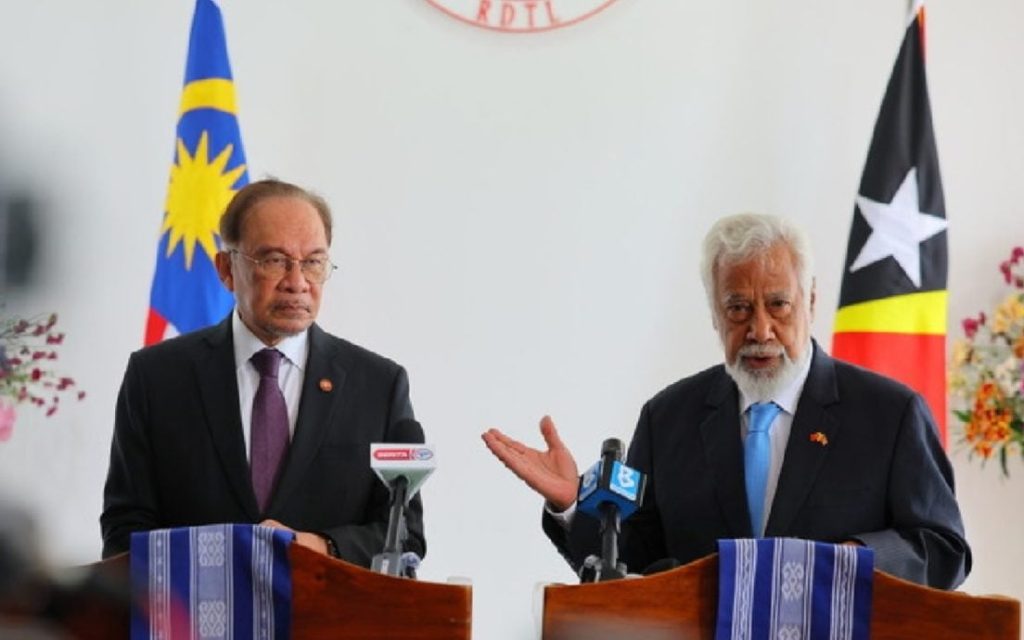
Focus 4: Geopolitical issues—Thailand-Cambodia, Gaza and Myanmar
Reports suggest Trump hopes to host a signing ceremony for a Cambodia-Thailand peace agreement during the summit to showcase his role in promoting regional peace.
Additionally, regarding the escalating Gaza crisis, Anwar has stated that Trump could bring valuable input on urgent humanitarian issues in Gaza. Consequently, the summit is expected to issue a statement calling for swift implementation of a Gaza peace plan.
Unlikely to demand recognition of Palestine
However, Dr Liaw believes the summit will not require member states or dialogue partners to formally recognize Palestine. Such a move would infringe upon national sovereignty and domestic jurisdiction.
“ASEAN summits generally avoid pressuring members or partners to take positions on sovereignty-related disputes—it contradicts ASEAN’s longstanding principles of neutrality and non-interference,’’ he said.
As for Myanmar, the situation remains a key agenda item. Dr Liaw emphasizes that the core ASEAN stance continues to focus on ending internal conflict and restoring democratic elections as soon as possible.
Earlier, Anwar appointed former Thai Prime Minister Thaksin Shinawatra as his “personal advisor” to help mediate on Myanmar.
Now that Thaksin is imprisoned, Dr Liaw assesses this has little impact on Malaysia’s Myanmar policy, as Kuala Lumpur will continue operating within the ASEAN framework.
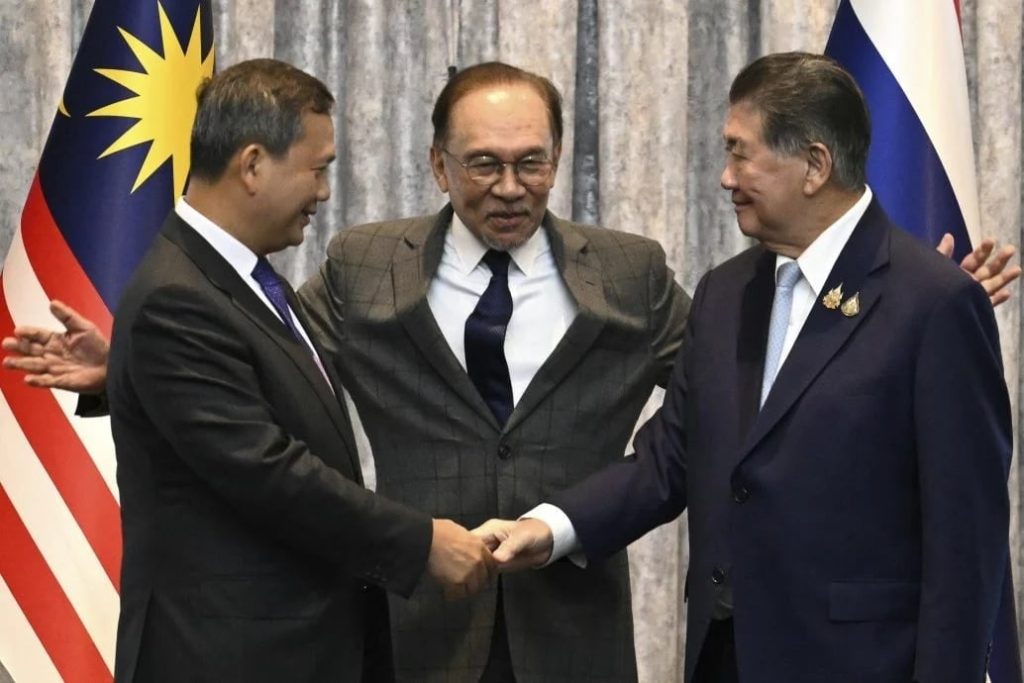
Focus 5: Coordinating a common ASEAN position on the South China Sea
The summit is also expected to address regional security, particularly the South China Sea. Dr Liaw believes Trump’s presence would exert direct diplomatic pressure on the issue, potentially accelerating negotiations on the Code of Conduct (COC) in the South China Sea into a new phase.
The COC remains unfinished, with significant disagreements persisting over wording and scope.
“Amid escalating geopolitical tensions, ASEAN leaders may be more inclined to expedite consultations—at minimum, forging a symbolic common position to demonstrate ASEAN’s unity and agency amid great-power rivalry,” he said.
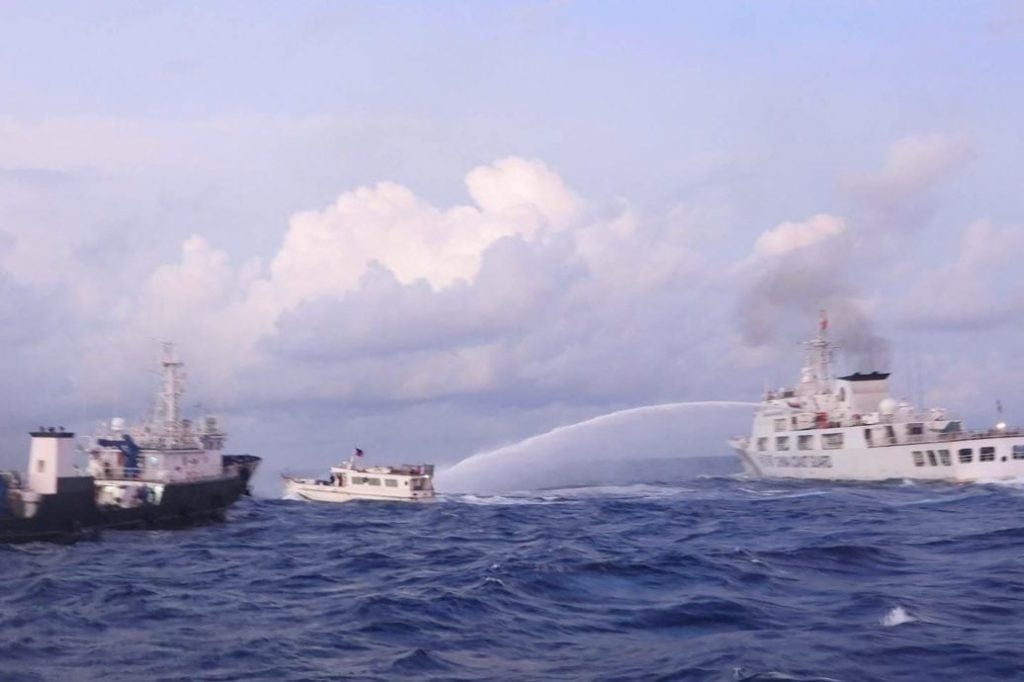
ADVERTISEMENT
ADVERTISEMENT






